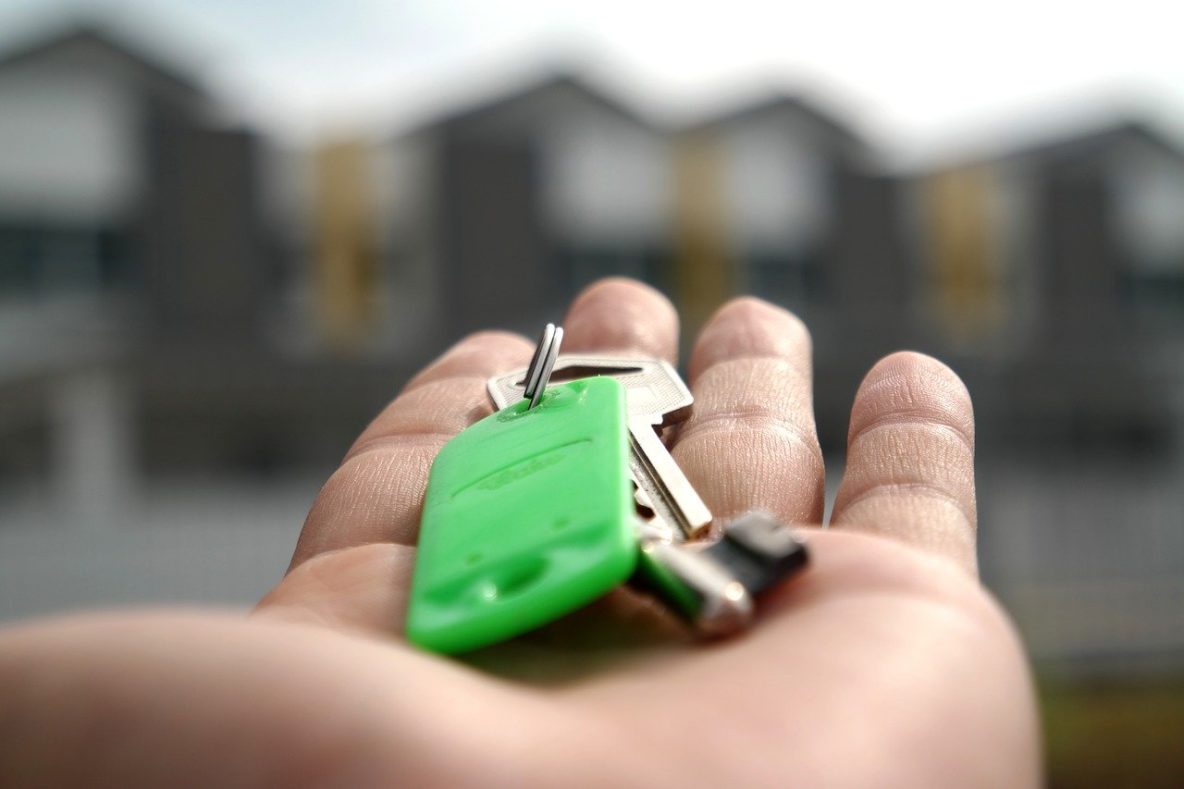Purchasing a home is likely the most expensive purchase you’ll ever make. It’s not something people decide quickly. In fact, there are plenty of decisions to make before you even begin shopping. Because it’s such a big decision, there a lot of misconceptions around buying a home that might even frighten off potential home buyers.
Some people assume they will never be able to buy a home, or won’t qualify for a mortgage loan. These people often continue renting, deciding on their own that they just can’t do it, or that owning a home simply isn’t for everyone. While some reasons might justify a person to continue renting for the short-term, there are also a ton of misconceptions surrounding homeownership.
Common Homeowner Misconceptions
You Must Have a 20% Down Payment
It is true that a large down payment will get you better loan terms and help you pay off your loan quicker. It is not required, however, that you have 20 percent of your home’s sale price ready before you buy. In fact, down payment requirements are usually closer to 3 to 5%. For veterans, military members, physicians, and other special circumstances, you might even qualify for zero down on your mortgage loan.
Your Credit Must Be Perfect
Yes, your credit is an important factor in getting a home loan, but there is no magic number that you must reach. In fact, many lenders will work with you if you have a lower score by looking into alternative credit factors.
I Need to Pay Off My Student Loans First
The millennial generation is quickly entering the housing market. Many of them carry a large student loan debt and believe they must pay off all (if not most) of these loans before being approved for a mortgage. In reality, showing that you are paying them off regularly makes a big positive impact on your credit
You Should Buy the Biggest Home You Qualify For
When you begin meeting with a mortgage lender, they will let you know how much you qualify for based on your income, credit, and assets. It’s important to know that this number doesn’t need to represent your budget. Just because you qualify for a bigger home than you initially thought, it doesn’t mean you need to shop for a more expensive home. Somehow, many first-time homebuyers think they shouldn’t “settle” on a house until they find their dream home, but this simply isn’t necessary.
Fixer-Uppers are Cheaper
While this might be true if you are a home improvement whiz or have an eye for design, your first home doesn’t need to be a fixer-upper, and they certainly aren’t automatically cheaper. The initial price tag might be lower than other homes, but the added home improvement costs, upgrades, and design changes might get out of hand. Especially if you are inexperienced at home improvement, a fixer-upper home might not be the right choice for you.
It’s Cheaper to Rent
Finally, many people put off homeownership because they think it is cheaper for them to rent than to own a home. Long-time renters believe that the maintenance costs and home improvement needs of a home are too costly to undertake.
The truth is, homeownership–while scary–is an investment into your future. Making changes to your environment on a long-term scale often only comes after you purchase your first home. Yes, it’s true that your landlord might be able to fix a few things around your apartment, but lasting issues like indoor air quality, energy efficiency, and your overall comfort are the kinds of major decisions only a homeowner can make.
To learn how RetroGreen Energy can transform your home into an energy-efficient home, please visit our website.
